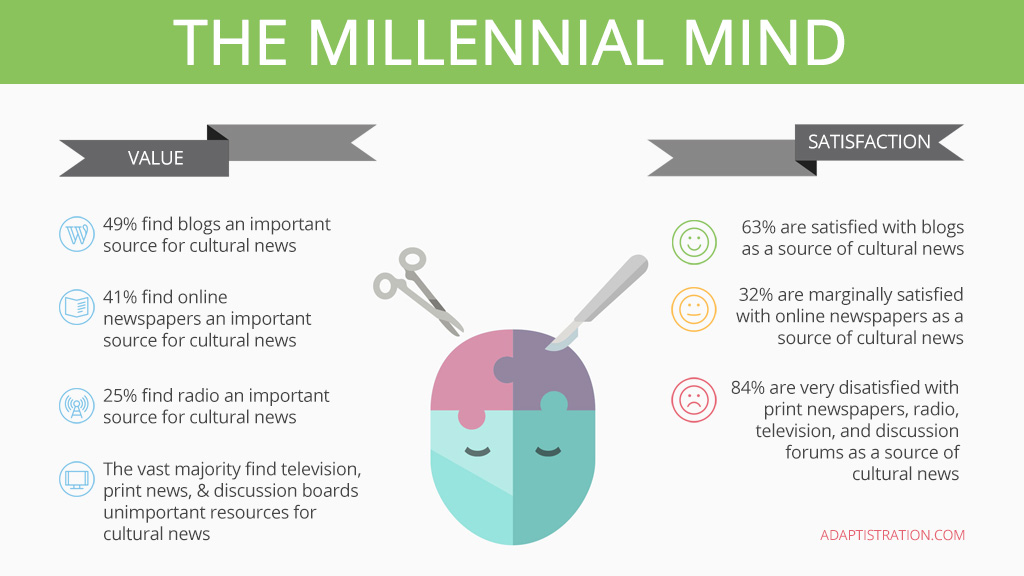An Adaptistration reader who wishes to remain anonymous submitted the following question to Henry Fogel after reading his TAFTO contribution.
Question: Do the ASOL members have future plans to institute some form of this middle-class- friendly ticket policy for orchestra level seats? Or are orchestras only interested in nurturing rich and affluent, and generally suburban, audiences? (And please, Mr. Fogel, don’t tell me to avail myself of the $25 third-tier side obstructed view seats. I have tried that with other professional friends and it completely turned them off from classical orchestral music concerts.)
-Anonymous
Here is Henry’s response:
Obviously, every orchestra sets its own ticket pricing policies, so it’s not as though the League can (or should) dictate this. But I do know that many orchestras have ticket prices in good seats in the $25 range, not just “third tier obstructed view.” For instance, the Chicago Symphony prices its entire gallery at or under $25 (yes, it’s the third tier, but it has terrific sound and good sightlines, and over 400 seats). Other large-city orchestras similarly have a meaningful number of seats with good views available for that same price (Atlanta, Cleveland and Baltimore come to mind).
In smaller cities, prices tend to be lower. I am not sure why “orchestra level seats” are important to the writer, but the idea of having good seats available at reasonable prices is in fact something that is practiced today in most American orchestras. Orchestras know that they must reach the widest variety of people interested in classical music while simultaneously covering the costs of producing concerts, which as any music lover realizes, is a balancing act.
– Henry Fogel
Both question and answer certainly spark further thought in my mind, what do you think about ticket pricing? Will ticket prices have an impact on your participating in Take a Friend to Orchestra month?


